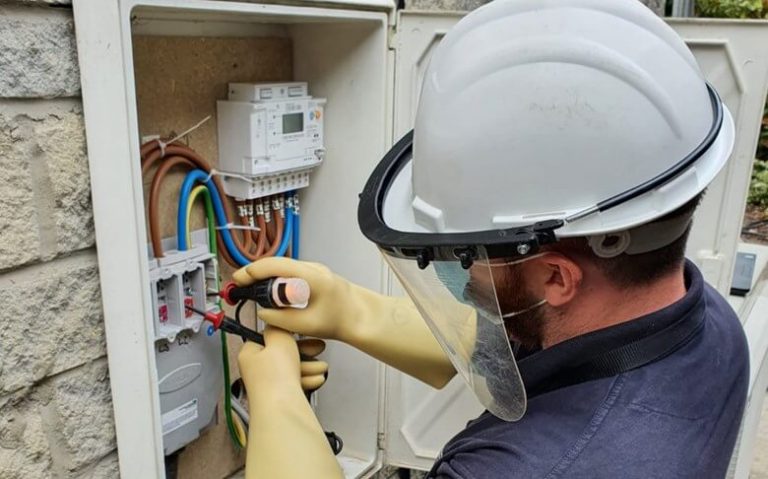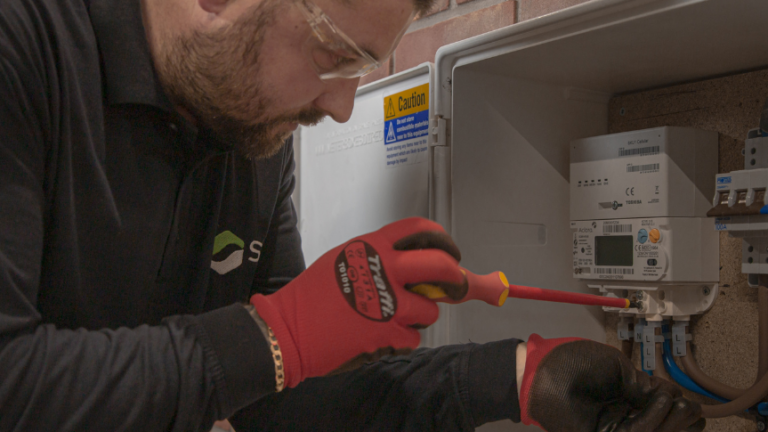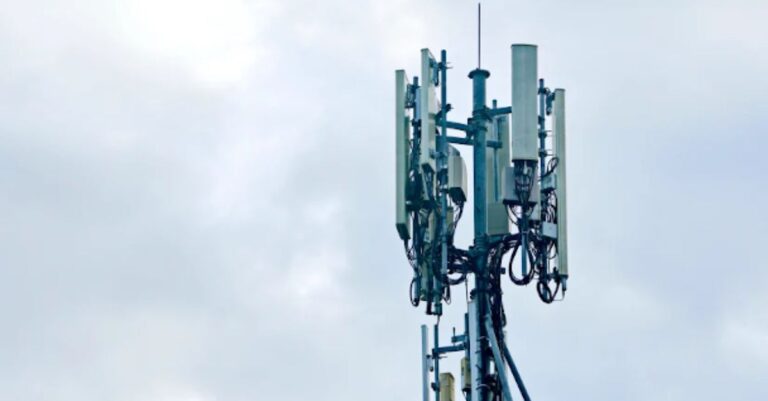Climate change targets would be put in jeopardy without smart meters

The UK’s climate change targets will be slower, harder and more expensive to reach if a comprehensive national network of smart meters is not achieved, according to a new report.
Without smart meters, reducing our carbon emissions to net-zero, will come at a higher cost, with a system “less supportive of renewable generation and less well co-ordinated” – says the Smart Energy GB study.
Smart meters are an integral part of a flexible, decentralised and decarbonised energy system, which is central to Britain reducing its CO2 emissions and reliance on unsustainable energy sources.
As the central component of a digitalised smarter energy system, smart metering will facilitate better integration of renewable power and reduce our reliance on fossil fuels, through efficiently managing energy supply and demand by using near-real time energy data.
The research, conducted by Delta-ee on behalf of Smart Energy GB, shows how:
- In homes, smart meters will contribute to a 25 per cent CO2 saving by 2035 (from 2015 levels) by helping households reduce their energy demands, enabling dynamic pricing tariffs to support low carbon electric heating, promoting improved measurement of energy efficiency performance to drive increasing standards and supporting new business models for buying low carbon heating.
- In transport, smart meters will enable high levels of electrification delivering 54 per cent CO2 reduction by 2035 (from 2015 levels) and much needed reduction in air pollution in major cities by incentivising electric cars to be charged at off peak times and therefore reducing additional strain on the electricity grid.
- In electricity generation, smart meters are vital for a smart, flexible network which allows for far greater renewable generation and will contribute to a 77 per cent CO2 reduction by 2035 (from 2015 levels)
- Without smart meters and the national rollout, carbon reductions will be higher cost, less reliant on renewable generation, and less well co-ordinated – this will result in slower progress towards saving CO2, greater reliance on higher risk CO2 reduction strategies/technologies, and ultimately a higher risk of not achieving mitigation targets
As per the latest published statistics, there are currently 15 million smart meters installed as part of the government’s domestic rollout out of a possible 53 million meters that need to be switched over to smart.
Commenting on the report, Robert Cheesewright, Director of Corporate Affairs at Smart Energy GB, said:
“We have never been more aware of our impact on the planet. It’s time we all contribute towards making the simple upgrade to a smart meter that has the potential to save millions of tonnes of carbon from being released into the atmosphere.
“This report shows that smart meters are a key part of a potential 25 per cent carbon saving, helping us to achieve our environmental targets and take an important step towards achieving a greener and more sustainable Britain.”
Dr Andrew Turton, Principal Analyst at Delta-ee, added:
“To decarbonise the energy system and meet our climate change targets, we need much more flexibility to allow for the integration of decentralised low carbon technologies.
“This system needs customers to use energy at the times when low carbon supply is available. This in turn, requires energy demands to be accurately measured in near real-time.
“Smart meters are an essential building block in achieving these aims, and will provide the necessary consumption data to sooner reach a low carbon system.”
We are one of the country’s leading smart meter installation companies, that’s why energy suppliers count on us to deliver smart meters to their domestic customers around Britain. Find out more.


